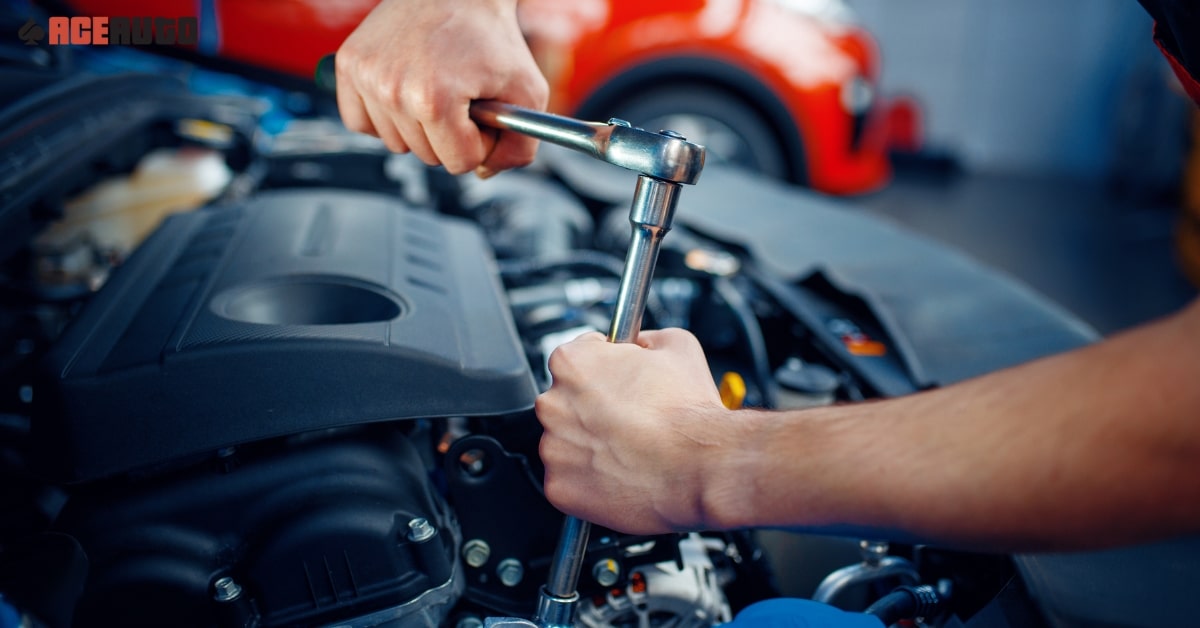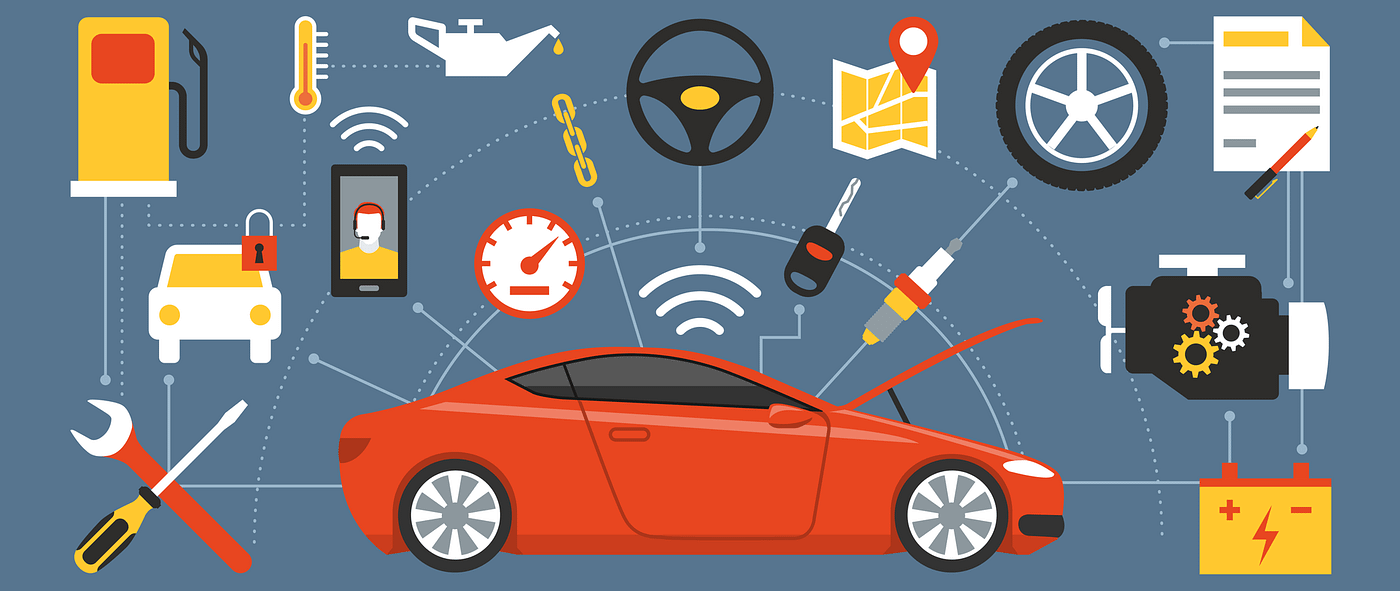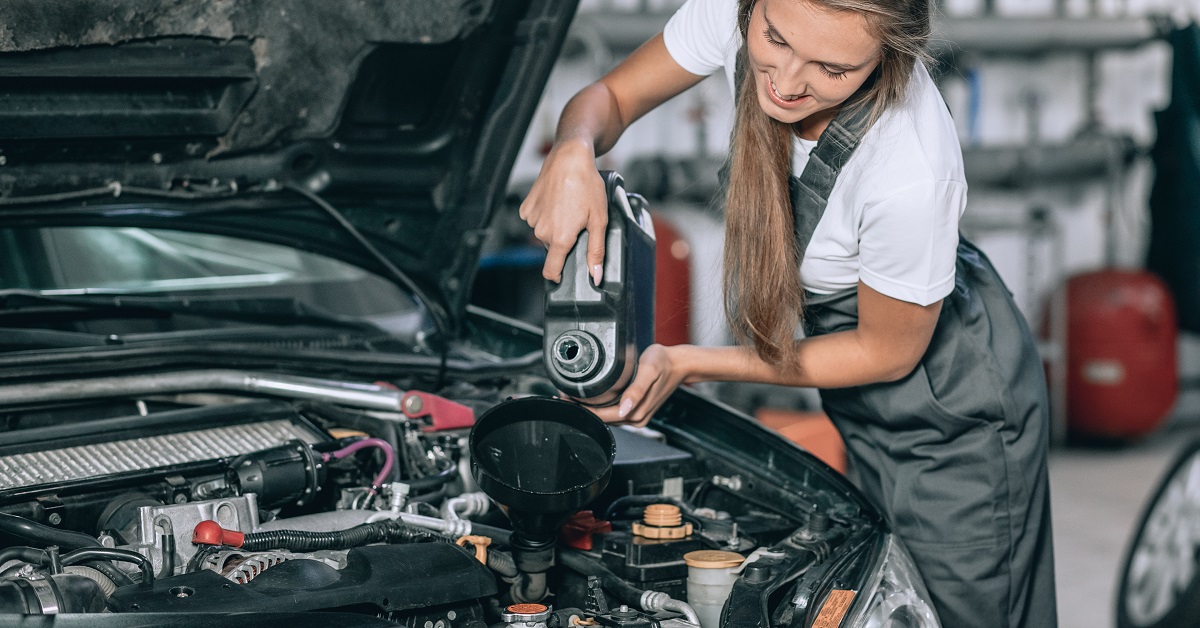All Categories
Featured
Unanticipated lorry fixings can interrupt your financial resources, making automobile repair insurance coverage an appealing choice for numerous vehicle drivers. Whether you're a new vehicle proprietor or managing an older vehicle, understanding the information of automobile repair service insurance and insurance coverage is important for making informed choices.
What Is Automotive Repair Work Insurance?
Automotive repair service insurance, often called mechanical failure insurance coverage (MBI), is a policy developed to cover the expenses of fixing or changing automobile components after a break down. Unlike basic car insurance policy, which attends to accident-related problems, repair insurance concentrates on mechanical concerns unrelated to collisions.
What Does It Cover?
The particular protection varies depending upon the insurance firm and the plan you choose. Usually, fixing insurance covers:
Engine Repair works: Including parts like the timing belt, pistons, and cylinder heads.
Transmission Repair Works: Treatment the transmission and associated parts.
Electrical System: Resolving issues with alternators, starters, and onboard computer system systems.
Air Conditioning and Home Heating Equipments: Such as radiators, thermostats, and a/c systems.
![]()
Guiding and Suspension: Including shocks, shows off, and power steering mechanisms.
Nevertheless, plans often leave out routine upkeep, wear-and-tear items like brake pads or tires, and cosmetic damages.
![]()
That Requirements Automotive Repair Work Insurance Policy?
While fixing insurance policy isn't necessary, it can be beneficial for:
Owners of Older Autos: If your car runs out guarantee, repair service insurance coverage can give satisfaction versus pricey break downs.
Regular Commuters: High-mileage chauffeurs are more probable to experience mechanical problems, making protection a worthwhile financial investment.
Drivers of Expensive Versions: High-end or specialized cars typically have greater repair service expenses, which can be reduced by insurance coverage.
Trick Benefits
Financial Defense: Aids prevent huge, unexpected fixing expenses.
Flexibility: Policies can be tailored to cover specific parts or systems.
Satisfaction: Minimizes anxiety about potential break downs.
Considerations Before Getting
Before committing to an auto repair insurance coverage, take into consideration these elements:
Plan Conditions: Testimonial what is and isn't covered to stay clear of surprises during a claim.
Deductibles: Understand the out-of-pocket expenses you'll need to pay before insurance coverage begins.
![]()
Fixing Shop Options: Some insurance providers require you to utilize particular repair work facilities, which can be inconvenient.
Premium Expenses: Weigh the yearly expense of the plan versus the chance of requiring significant fixings.
Existing Service Warranty: Examine if your lorry's manufacturer or supplier warranty already gives enough coverage.
Final Thoughts
Automotive fixing insurance policy can be an important safeguard, particularly for drivers concerned about the high costs of unanticipated repair work. By meticulously reviewing policy options and straightening them with your driving routines and automobile demands, you can determine if this protection is right for you. For added defense, constantly keep regular automobile maintenance to minimize failure threats and maximize your insurance benefits.
What Is Automotive Repair Work Insurance?
Automotive repair service insurance, often called mechanical failure insurance coverage (MBI), is a policy developed to cover the expenses of fixing or changing automobile components after a break down. Unlike basic car insurance policy, which attends to accident-related problems, repair insurance concentrates on mechanical concerns unrelated to collisions.
What Does It Cover?
The particular protection varies depending upon the insurance firm and the plan you choose. Usually, fixing insurance covers:
Engine Repair works: Including parts like the timing belt, pistons, and cylinder heads.
Transmission Repair Works: Treatment the transmission and associated parts.
Electrical System: Resolving issues with alternators, starters, and onboard computer system systems.
Air Conditioning and Home Heating Equipments: Such as radiators, thermostats, and a/c systems.

Guiding and Suspension: Including shocks, shows off, and power steering mechanisms.
Nevertheless, plans often leave out routine upkeep, wear-and-tear items like brake pads or tires, and cosmetic damages.

That Requirements Automotive Repair Work Insurance Policy?
While fixing insurance policy isn't necessary, it can be beneficial for:
Owners of Older Autos: If your car runs out guarantee, repair service insurance coverage can give satisfaction versus pricey break downs.
Regular Commuters: High-mileage chauffeurs are more probable to experience mechanical problems, making protection a worthwhile financial investment.
Drivers of Expensive Versions: High-end or specialized cars typically have greater repair service expenses, which can be reduced by insurance coverage.
Trick Benefits
Financial Defense: Aids prevent huge, unexpected fixing expenses.
Flexibility: Policies can be tailored to cover specific parts or systems.
Satisfaction: Minimizes anxiety about potential break downs.
Considerations Before Getting
Before committing to an auto repair insurance coverage, take into consideration these elements:
Plan Conditions: Testimonial what is and isn't covered to stay clear of surprises during a claim.
Deductibles: Understand the out-of-pocket expenses you'll need to pay before insurance coverage begins.

Fixing Shop Options: Some insurance providers require you to utilize particular repair work facilities, which can be inconvenient.
Premium Expenses: Weigh the yearly expense of the plan versus the chance of requiring significant fixings.
Existing Service Warranty: Examine if your lorry's manufacturer or supplier warranty already gives enough coverage.
Final Thoughts
Automotive fixing insurance policy can be an important safeguard, particularly for drivers concerned about the high costs of unanticipated repair work. By meticulously reviewing policy options and straightening them with your driving routines and automobile demands, you can determine if this protection is right for you. For added defense, constantly keep regular automobile maintenance to minimize failure threats and maximize your insurance benefits.
Latest Posts
Discover Special Auto Repair Offers in Chicago at Montclare Auto Repair
Published May 27, 25
1 min read
Reasons Routine Auto Maintenance at Montclare Auto Repair Saves You Money
Published May 25, 25
1 min read
Secure Your Home with Top Quality Residential Roofing
Published May 22, 25
1 min read